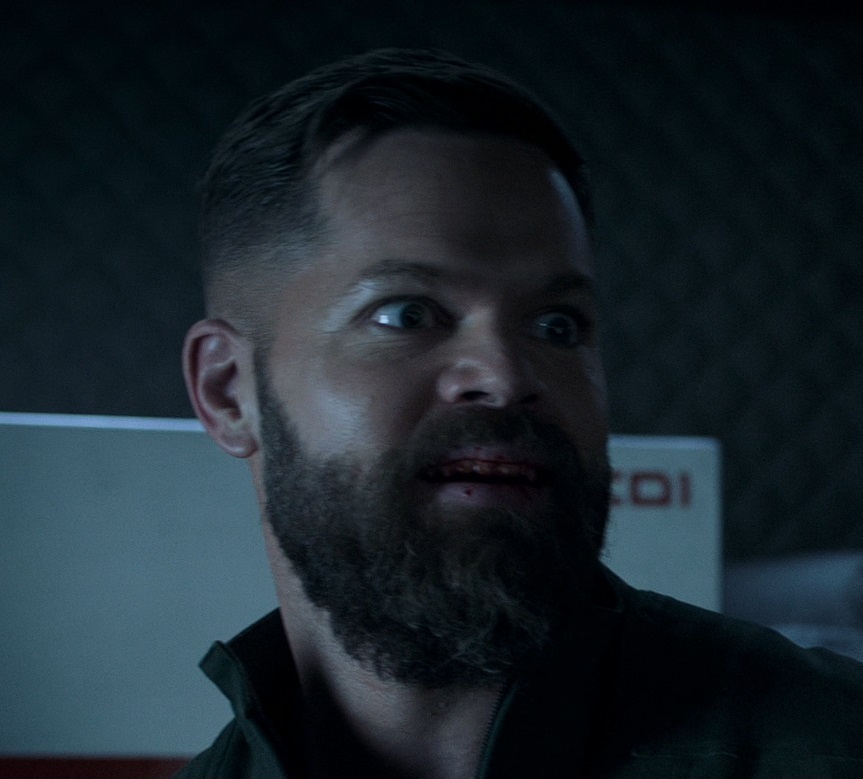As in, what’s the evolutionary reason for this? I can get seeing dogs as cute because they probably helped early humans by being “guards” essentially and they’re just great companions in general, but what purpose does a cat have for example? All they want is food, and you get nothing in return except a cute cat to look at. Hell, even bear cubs are adorable and they’ll eventually turn into something that can kill you with one swipe.
Why do we find animals that are or will grow into dangerous creatures cute? What reason does this serve?


I think the question is backwards, & therefore accidentally missing-the-point…
( same as the survivor-bias question, back in WW2 EDIT: here’s the link: https://m.youtube.com/watch?v=P9WFpVsRtQg )
It isn’t that we see most pets as cute, rather, it is that if it isn’t cute, it isn’t a pet.
So, we’re looking-at an immensely selective subset of animals, & then framing the question on that misrepresentation…
We tend to see babies, of most mammals, as cute, because of some generic wiring in us that codes for that, it seems … AND …
One time, while living homeless out in the bush, I heard crashing through the leaves going this-way, then pausing, then going that-way…
unzipped my “tent” & looked out… it was a newborn fawn, seeing the world for the 1st time…
its presence-energy was one of the most-beautiful things I’ve ever seen…
Notice that humans tend to prefer looking at youthful humans?
I find that there are several different reasons, but that most people aren’t conscious of them…
Lack of wrinkles & scars, OK, smooth, fit, … vital…
Right-there’s part of it: vital.
Ever seen healthy kittens, & their simple clean vitality?
What civilized-life erodes from us?
Another part of it is that when you’re old, like me, & you spend ages digging into things, & realize stuff like …
… Karl Marx honestly believed that communism meant the un-alienation of the proletariat, because he believed that communism somehow inherently meant “everybody owns everything, together”, but …
… ask the actual-survivors of communism, & it’s always “nobody owns anything, & nobody cares for anything”, which is why the expression of communism is Brutalism, historically
( and anybody who pretends that the ecological brutalism of communism isn’t valid evidence, can go eat rocks )…
well, the young are … mentally blank, aren’t they?
Want a friend you’re not going to get into profound ideological disputes with?
DON’T pick an old human, whose spent their life being battered by life, & thinking on it all.
Instead pick someone who’s still in Kegan3, but permanently ( Robert Kegan’s unconscious-mind-development stages 3, 4, & 5, can be described as
( Kegan & Lahey’s “Immunity to Change” book is on our unconscious-mind’s fighting-off of growing-up, its sabotaging our lives, & how to work around that innate-mechanism, getting it to understand, so growing-up, moving from dysfunction to function, can happen in our lives.
It’s a book I’d require all high-school kids to read at-least part of, so when they need to read it for real, they’ll remember it, & find a library, & dig-in )
: )
But whom do we want as pets?
Pretty-much always we want Kegan3 ( or lower? ) types as pets: NOT people who compete with us for validity, right?
We’re wanting, iow, dependents, we’re wanting substitute children without the wrestling-match of actual-human-children…
Now multiply the only-cute-animals-get-chosen-as-pets * we-want-substitute-children-without-the-difficulties-of-human-children …
& you’re getting a “furbaby”, right?
There’s another angle to add-in…
Feral animals do NOT have the same psychology as pets: pets are developmentally-removed, more “baby-like” in their manner, their behavior, etc…
I’ve come across a few people who pointed this out, & considering it through the years, they’re right ( I spent 1/3-decade rough in the bush: they’re very right ).
So, we only select cute pets, we want them to be pseudo-children, AND we make them only partly grow-up, so they never become adult in the ways of their own kind ( usually with either ruthless killing or with ruthless herd-behaviors involved, as with horses, who’ll force a reject-of-their-herd to do without food, & die, because that’s the way their herds work )…
Again, we’re looking through “rose colored” glasses, & seeing “the question” as being only what our distortion of reality allows…
All I’m trying to do is get people to see feral animals as the correct frame-of-reference for animals, & then see how we’ve babied-down/dumbed-down our pets, & how we do this for our own emotional-comforting, to have someone who “needs” us ( when we’re bothering to be home where they live: when we’re at work, they’re just “furniture” or something?? unfair to them, tbh )…
& this is deforming our ability to understand what the true-questions are…
I agree with some who hold that experience with pets & herd-beasts is required for someone to really, honestly, understand human growing-up…
but I’m adamant that outgrowing “dependents” is required for people to earn more-complete self-conquering, more-complete growing-up.
Codependency is what people default-to, nowadays, whereas independence is the root of interdependence, what Stephen R. Covey called “synergy”.
I don’t think he made it strong/clear enough, just how independent one needs to be ( for us guys, I’ve no idea how it maps to women’s reality ), in order for interdependence to not be codependence…
Anyways, just a bit of perspective that may be useful …